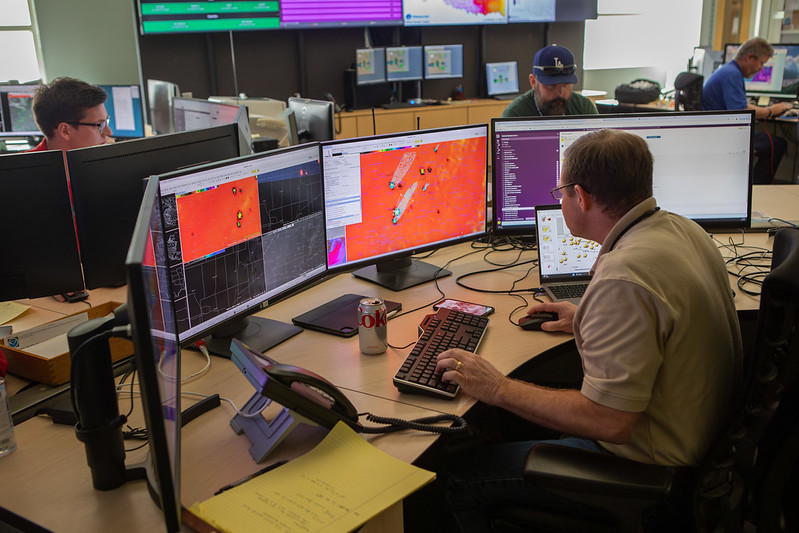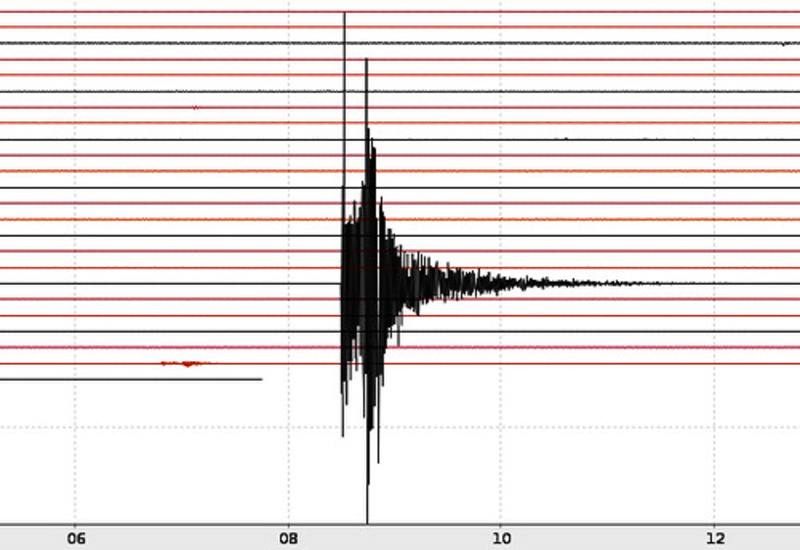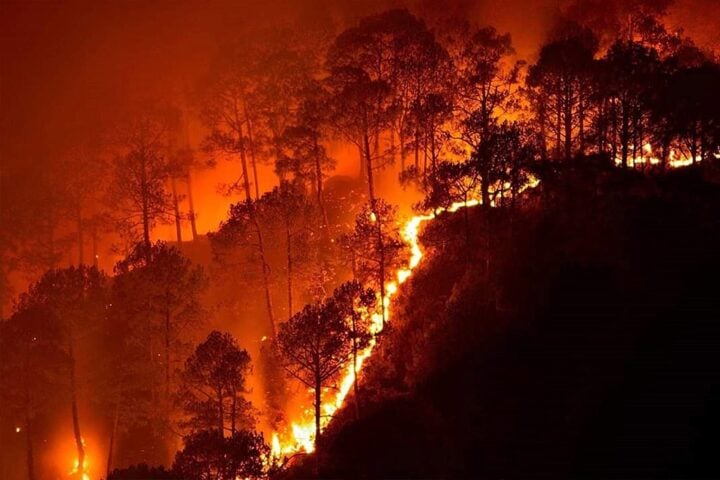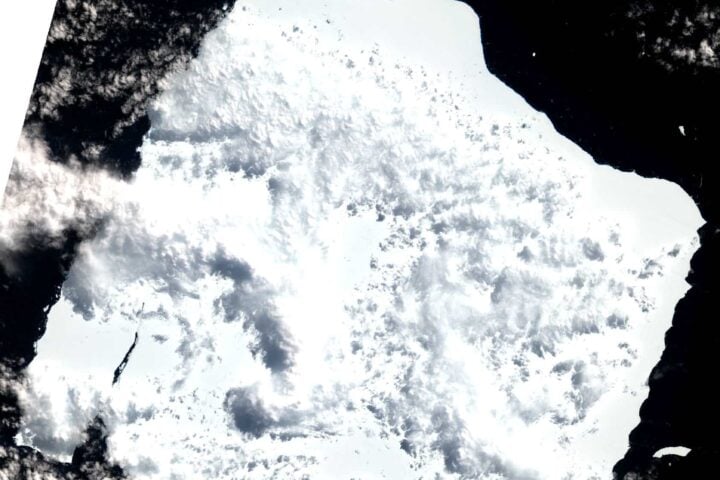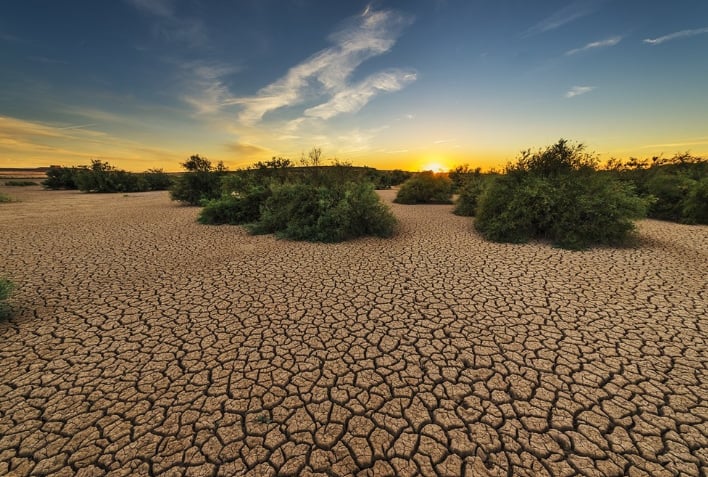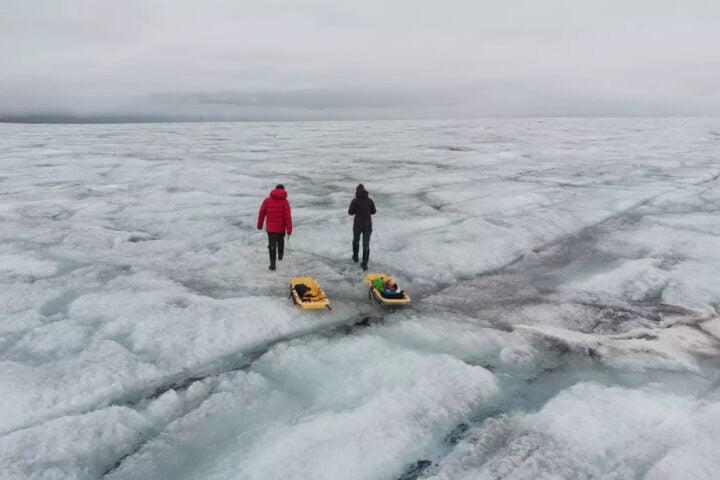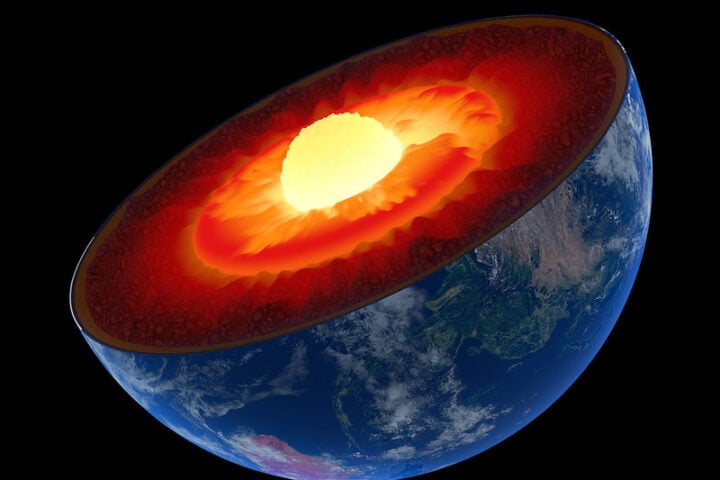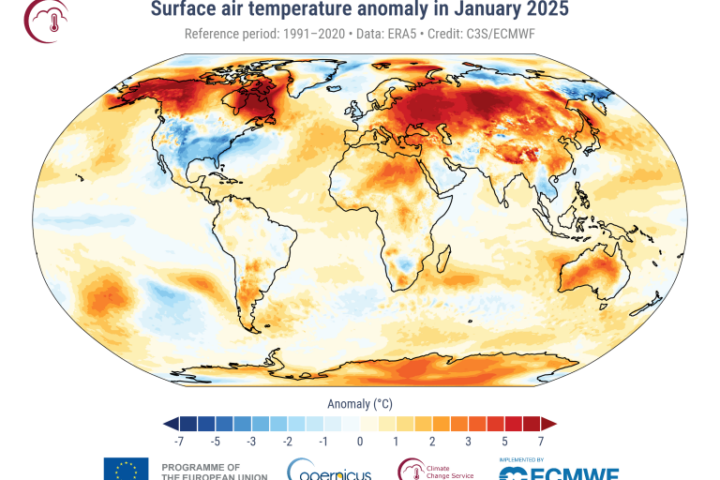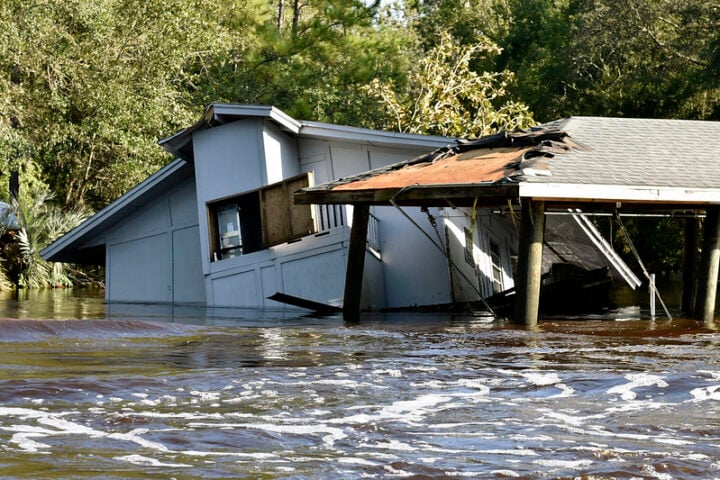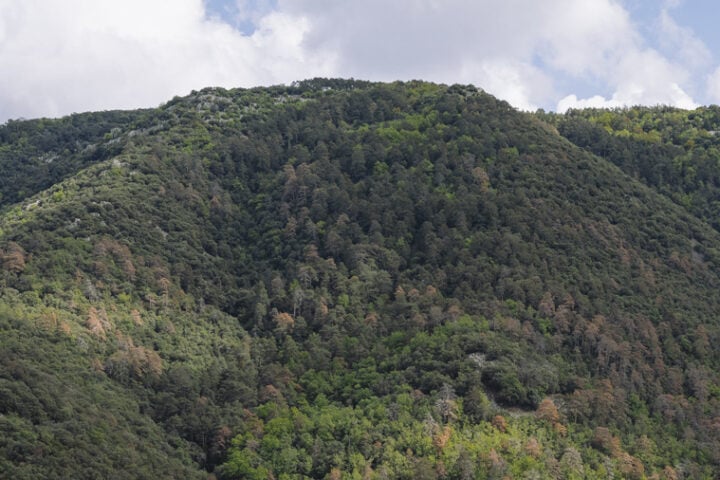The Trump administration wants to cut $1.67 billion – more than a quarter – from the National Oceanic and Atmospheric Administration’s budget. The plan targets climate science and would gut the agency’s research capabilities.
Under the proposal, NOAA’s Office of Oceanic and Atmospheric Research would essentially disappear. Its budget would drop from $485 million to just $170 million, eliminating the division that studies climate change, severe weather, and ocean conditions.
“This would take us back to the 1950s,” said Craig McLean, who previously led NOAA’s research office. Scientists warn these cuts would make it harder to predict hurricanes, monitor ocean changes, and understand climate trends.
The cuts extend beyond climate work. The fisheries service would lose nearly 30% of its budget, with remaining staff told to focus on “unleashing American energy” rather than conservation. Programs that protect marine habitats, manage fish populations, and restore endangered species would see funding eliminated.
Weather satellites would also suffer, with a 44% cut to the technology that provides data for forecasts and storm tracking. This would derail plans for next-generation satellites scheduled for 2032.
The National Weather Service is the only major part of NOAA that would keep its current funding.
Similar Posts
Meanwhile, the agency has already lost hundreds of workers. Hurricane expert Andy Hazelton, recently fired from NOAA, said the agency would go from “stretched thin to decimated.”
Former NOAA official Mary Glackin called the proposed changes “monumental” and warned they would destroy relationships with university research partners. “If you’re cutting your research, you don’t care about tomorrow,” she said.
Rep. Zoe Lofgren described the plan as “outrageous and dangerous,” saying it would leave NOAA “hollowed out and unable to perform its life-saving work.”
These changes mirror recommendations from Project 2025, a conservative policy blueprint that calls for breaking up NOAA and labels it part of “the climate change alarm industry.”
For everyday Americans, the impacts would be real. NOAA produces the hurricane forecasts on your phone, manages the nation’s fisheries worth billions of dollars, and tracks coastal flooding. Cut its research, and these services suffer.
The budget still needs approval from Congress. White House officials note that “no final funding decisions have been made.”
Environmental groups are fighting back. “This is ludicrous!” said Beth Lowell from Oceana. “Whether you live on a coast or in the heartland, these proposed cuts to NOAA will impact you.”

